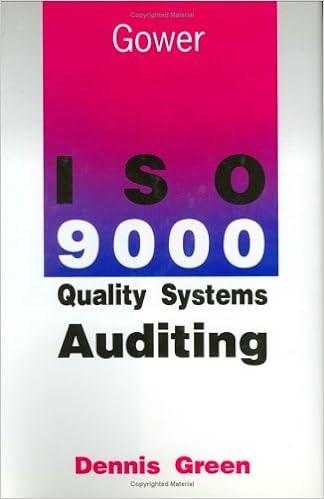Answered step by step
Verified Expert Solution
Question
1 Approved Answer
Concord Corp. designs and manufactures mascot uniforms for high school, college, and professional sports teams. Since each teams uniform is unique in color and design,
Concord Corp. designs and manufactures mascot uniforms for high school, college, and professional sports teams. Since each teams uniform is unique in color and design, Concord uses a job order costing system. On January 1, the T-accounts for some of Concords primary balance sheet accounts were as follows:



Step by Step Solution
There are 3 Steps involved in it
Step: 1

Get Instant Access to Expert-Tailored Solutions
See step-by-step solutions with expert insights and AI powered tools for academic success
Step: 2

Step: 3

Ace Your Homework with AI
Get the answers you need in no time with our AI-driven, step-by-step assistance
Get Started


